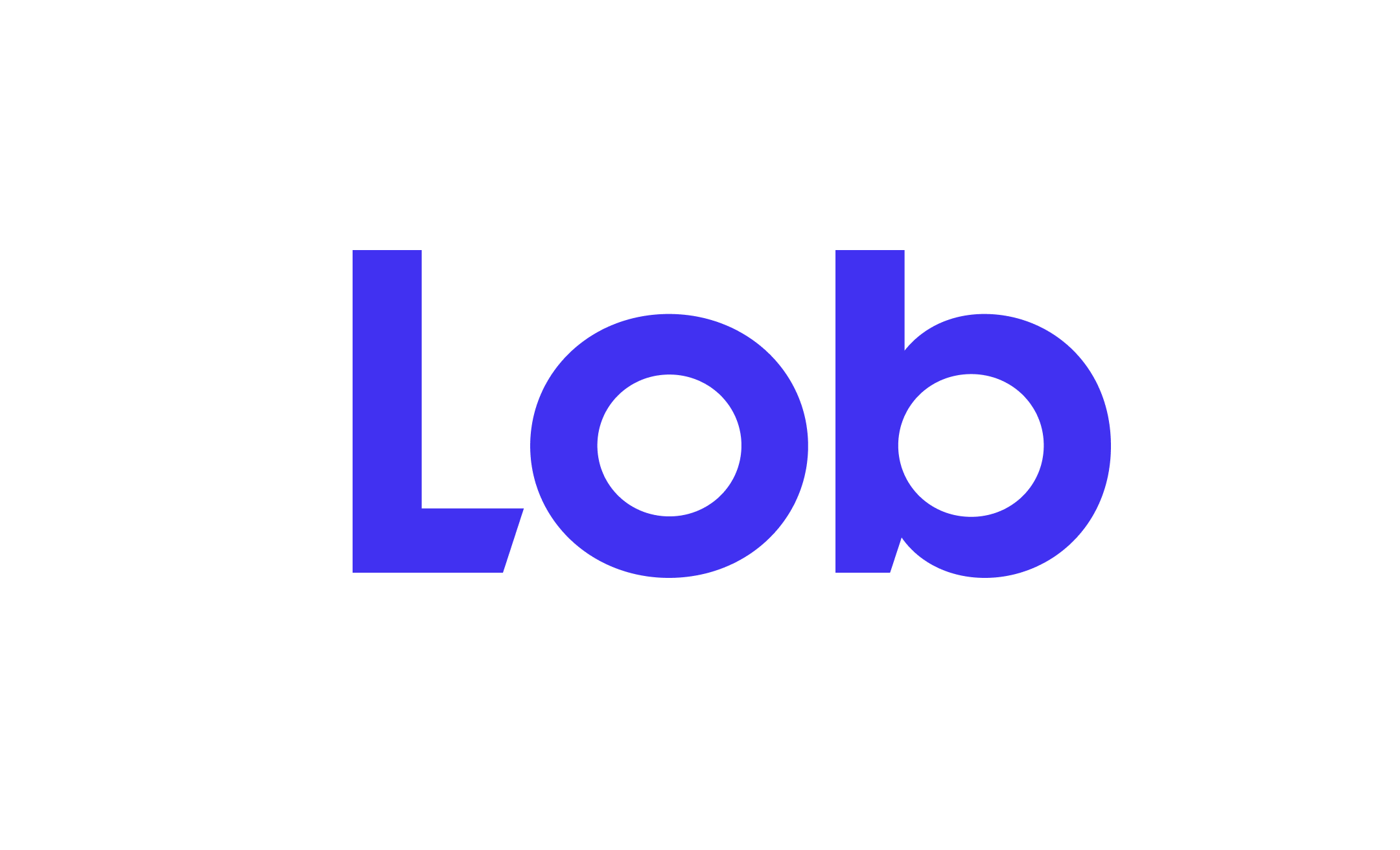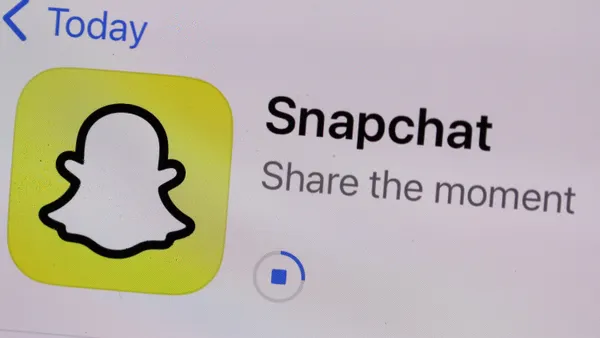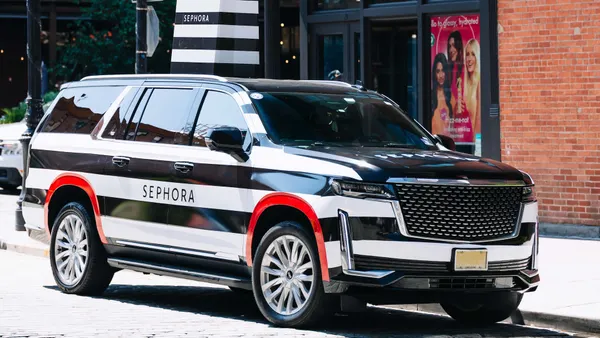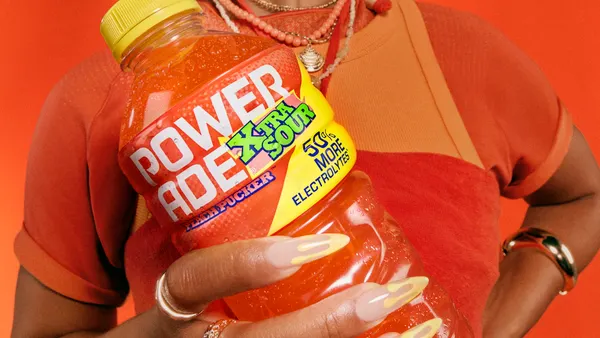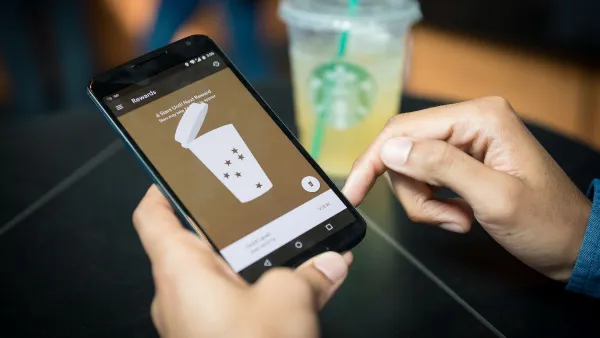Brief:
- Procter & Gamble's Herbal Essences introduced a voice-powered app for Amazon Alexa as part of the hair-care brand's observance of World Sight Day on Oct. 10. By saying "Alexa, open Herbal Essences," users of Amazon's virtual assistant can find product recommendations for different hair types, per an announcement.
- Herbal Essences also provides specialized help through the Be My Eyes app, a free service that connects blind and vision-impaired people with sighted volunteers through a live video call. App users can connect with P&G's in-house experts for guidance while shopping or grooming, or to get answers to their hair-care questions.
- Herbal Essences in January will introduce tactile packaging to help vision-impaired people distinguish its shampoos and conditioners through the sense of touch. The brand's Hello Hydration, Color Me Happy and Smooth Collections will have redesigned bottles that either have raised stripes or circles to help people tell the difference.
Insight:
By creating a voice-powered app, or "skill," for Amazon's Alexa, P&G's Herbal Essences aims to help consumers learn more about its products and get personalized hair-care advice. The activation is especially poignant for World Sight Day, a global event coordinated by the International Agency for the Prevention of Blindness to focus attention on blindness and vision impairment. Sumaira "Sam" Latif, P&G's accessibility leader who is blind, has spearheaded the company's effort to adopt a universal tactile marking for products.
P&G also is helping vision-impaired and blind people by supporting the Be My Eyes app, which is available for free download on iOS and Android devices. The app is a unique use of mobile connectivity and video chat. People who need visual assistance can instantly connect with volunteers who indicate when they're available to receive a video call. According to the app's website, it now has 2.9 million volunteers helping about 155,000 blind or low-vision people.
P&G's campaign for World Sight Day comes as marketers improve their inclusiveness efforts and demonstrate greater social awareness of people who have been neglected in the past. Not only do these efforts generate greater goodwill toward brands, they also improve sales and reap financial rewards. Brands that show a broad variety of cultural and demographic groups in their advertising see improved perception among consumers and stock market gains, per a study by Deloitte-owned agency Heat. The firm said about one-fourth of the U.S. population lives with a disability, but only 1% of ads represent them. That disparity suggests that brands have an opportunity to broaden their appeal by promoting inclusiveness.
P&G's Gillette brand of men's grooming products also has made inclusivity a more central theme in its branding. Those efforts have included a well-received commercial depicting a transgender teen whose father teaches him to shave and a film titled "The Look" that focused on the biases that many black men encounter. Among other recent examples of brands that have emphasized diversity is Nike, which has highlighted unconventional athletes, and toy-maker Mattel, which last month introduced a gender-inclusive doll line called Creatable World. Boxing brand Everlast also revised its "Be First" campaign to spotlight unique athletes such as the world's first professional male boxer who is transgender.






